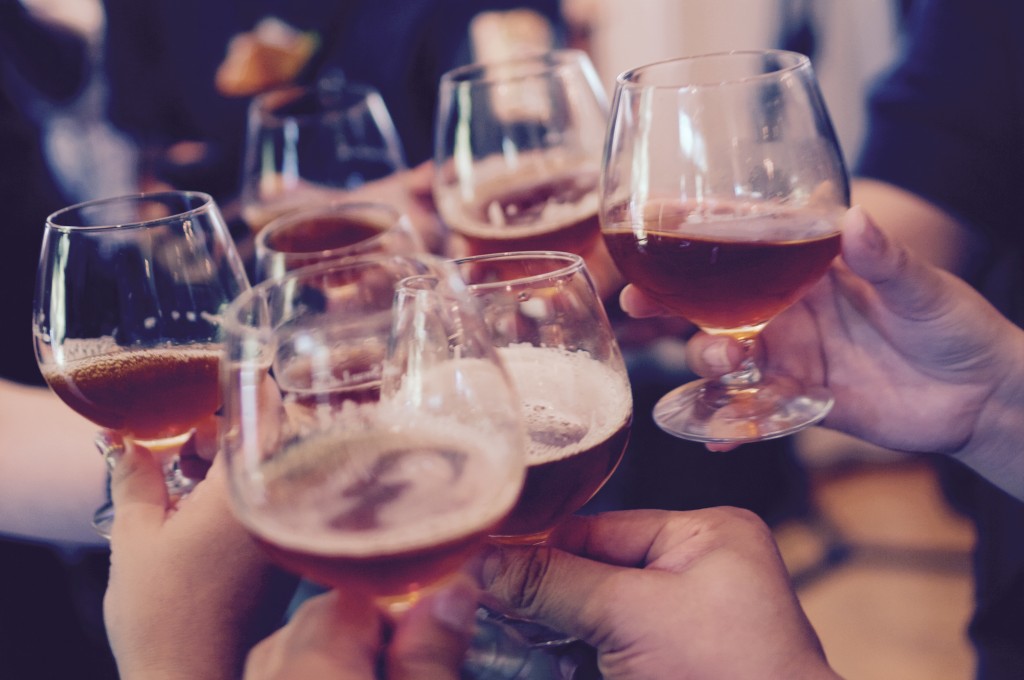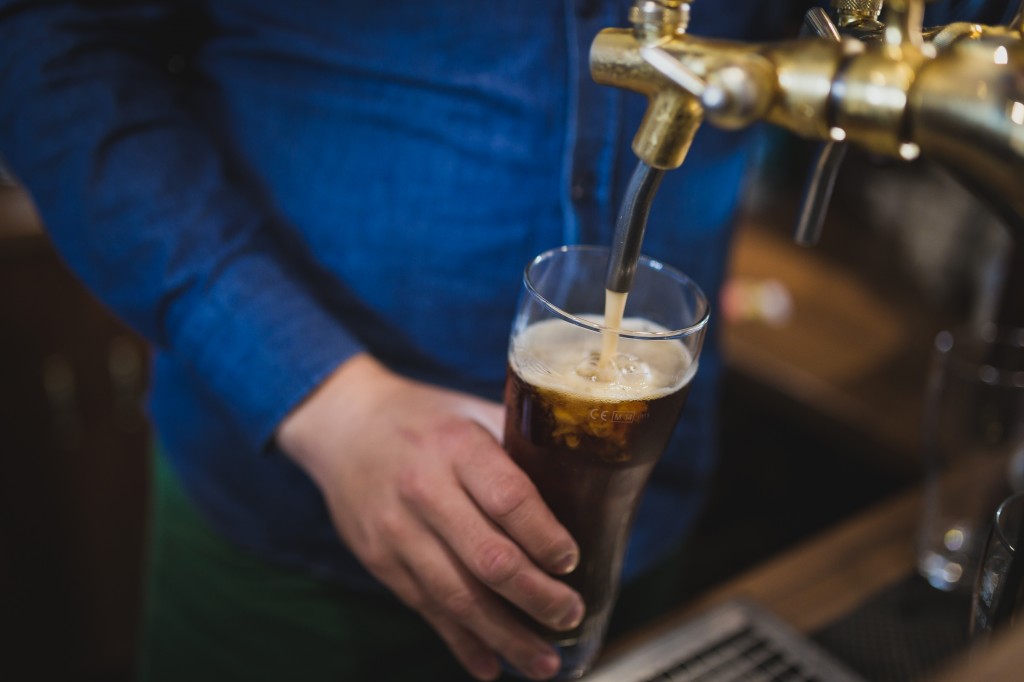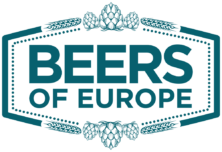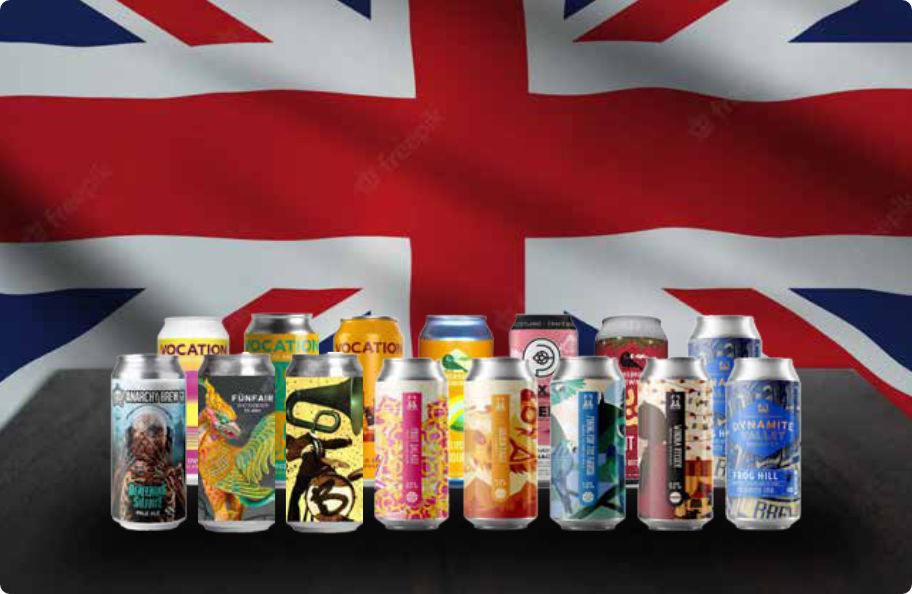Guides and Facts
What Is The German Purity Law?
Originally Posted on Apr 08, 2016
First introduced in 1516, the Reinheitsgebot was implemented in Bavaria as a series of regulations to protect the consumer from high prices and impure beer. This was done by separating the grains, with barley being used for beer, and rye and wheat used for bread. This helped keep the price for basic commodities down, as well as stopping the use of ingredients that were deemed to have a negative impact on the beer, such as plants and spices. It was adopted as Bavarian Law on April 23rd 1516 and gathered momentum to become adopted as a national movement, but it never spread north. However you may need plenty of practice pronouncing the word before discussing it over your Bitburger. Here’s how the internet suggests you should pronounce it with a German accent; ʀaɪ̯nhaɪ̯tsɡəˌboːt. No, lost on us too.

Analysing the Reinheitsgebot
The first part of the purity decree focuses on the cost of Beer;
From September the 29th through to April the 23rd, a litre of beer was not able to be sold for more than one Munich penny. The other half of the year permitted a litre to be sold for 2 Munich pennies. This was designed to limit the amount made by brewers and innkeepers, to stop them profiting too much. This in turn motivated the brewer to improve the beer in order to remain competitive. The only exclusion to this was if an innkeeper had bought the beer from a brewer and sold it on, where he could sell a litre for a whole third of a penny more! Ludicrous!
The second area the purity law tackled is much better known across the world, and has had a much larger impact on the history of brewing than its altruistic primary aim.
“Furthermore, we especially decree that henceforth in all our towns, marketplaces and the whole of the countryside, that for no beer shall any ingredients other than barley, hops, and water be used and employed.”
The first regulation on food safety in German history was designed to keep the price of brewing down, which links nicely into the price of beer in the first part. However the main short term impact it had was wiping out many beer styles from the area. Wheat beers were out of the question as well as varieties that used other spices such as beers based on northern styles. The Prince of Bavaria also held the authority to make changes to the Reinheitsgebot in the event of hardship or fluctuations in the price of grains. This was used many times over the century to allow ingredients such as wheat, coriander and eventually yeast, once it was discovered vital to fermentation.
There was a punishment for breaking the purity laws, either by selling overpriced goods or brewing beer deemed impure and would have been dealt with by the court. The consequence if guilty was to have the barrel of beer in question confiscated, which compared to other punishments from medieval times is, dare we say it, disappointingly tame!
Changes over the years
The Reinheitsgebot stood firm in Bavaria and looked to expand to the rest of Germany with the German Unification in the 19th Century. When met with solid resistance from the Northern breweries, the purity decree compromised to tax other ingredients, rather than ban them. This was accepted by the State
Moving on to more recent decades, French brewers took the Reinheitsgebot to the European Courts over claims that the regulations broke the Treaty of Rome. Their case was successful and the law was dropped on imported beers, yet still stood for German Breweries. The Greek version of the rule, heavily based on the German law, also suffered to the point it collapsed circa 1987. After the German Reunification 3 years later in 1990, Neuzeller Kloster Brewery entered a 10 year dispute over their black abbot, which contained sugar. This Brandenburg Beer War ended with a special permit from the Federal Administrative Court of Germany which gave them the right to call it a beer.
Whilst the trial was on going, the German purity law was updated in 1993 and given a new, even more unpronounceable name of Vorläufiges Biergesetz. This was a slightly expanded version of the Reinheitsgebot that paved the way for more relaxed terms which include being able to add ingredients outside of those allowed, as long as it isn’t labelled beer. This still applies today, with some breweries having to market as shandy in order to produce beers that revolutionise the German brewing scene.

The Reinheitsgebot today
The Reinheitsgebot has been altered several times, but still exists and is still advertised as a marketing point in and out of Germany. Augustiner bottles tip their caps (literally) to the Purity Law and it is even on the bottle for Windhoek, a Nigerian Brewer. The opinion on the Reinheitsgebot is controversial. While some say it pioneered safety and quality regulations on beer, others say it halted the number of beer styles in Germany, with some only now being introduced outside of the purity law.
However it is viewed, the legacy is a nation of top quality brewers who brew with skill and passion to create a number of world class beers. The depth to their lagers is unlike anywhere else and new styles can only add new tools to their belts. The world’s most famous beer law has stood the test of time and its ability to adapt will mean it lasts in one form or another for years to come.
Following is an English translation of the Reinheitsgebot (German Purity Law) adopted in 1516, the oldest provision still enforced to protect the consumer. This is taken from the article “History of German Brewing” by Karl J. Eden, published in ‘zymurgy’ magazine, Vol. 16, No. 4 Special 1993.
——————————————————————————–
“We hereby proclaim and decree, by Authority of our Province, that henceforth in the Duchy of Bavaria, in the country as well as in the cities and marketplaces, the following rules apply to the sale of beer:
From Michaelmas to Georgi, the price for one Mass [Bavarian Liter 1,069] or one Kopf [bowl-shaped container for fluids, not quite one Mass], is not to exceed one Pfennig Munich value, and
From Georgi to Michaelmas, the Mass shall not be sold for more than two Pfennig of the same value, the Kopf not more than three Heller [Heller usually one-half Pfennig].
If this not be adhered to, the punishment stated below shall be administered.
Should any person brew, or otherwise have, other beer than March beer, it is not to be sold any higher than one Pfennig per Mass.
Furthermore, we wish to emphasize that in future in all cities, markets and in the country, the only ingredients used for the brewing of beer must be Barley, Hops and Water. Whosoever knowingly disregards or transgresses upon this ordinance, shall be punished by the Court authorities’ confiscating such barrels of beer, without fail.
Should, however, an innkeeper in the country, city or markets buy two or three pails of beer (containing 60 Mass) and sell it again to the common peasantry, he alone shall be permitted to charge one Heller more for the Mass of the Kopf, than mentioned above. Furthermore, should there arise a scarcity and subsequent price increase of the barley (also considering that the times of harvest differ, due to location), WE, the Bavarian Duchy, shall have the right to order curtailments for the good of all concerned.”
Article by Matthew Keeley-Smith




